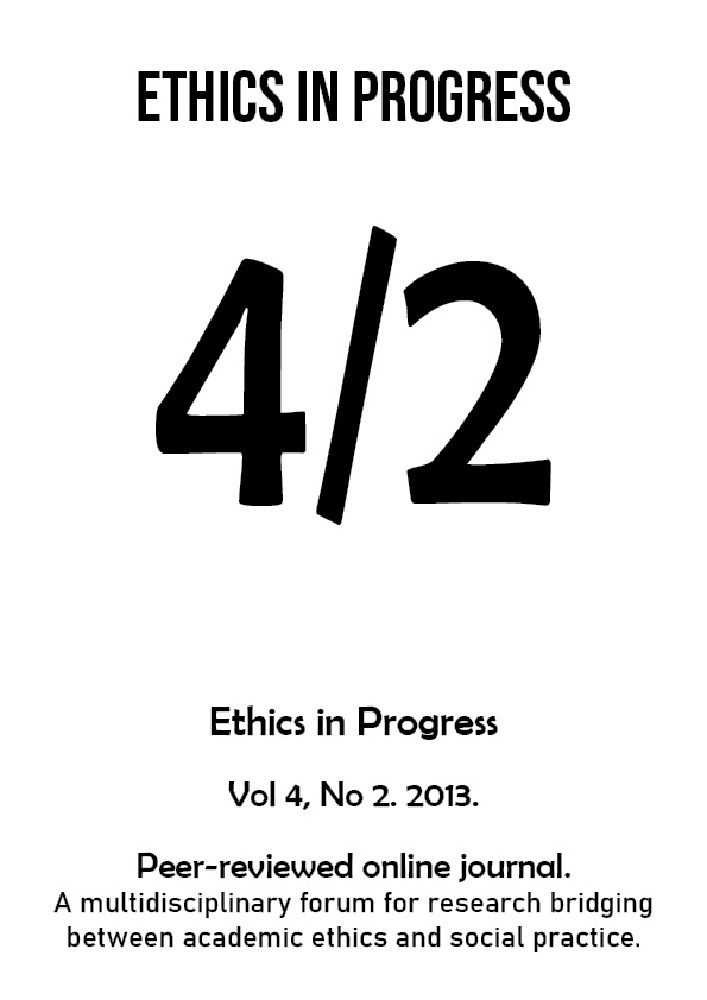Abstract
Exploring the idea of a more practical relationship between the agent and his own mental life leaves room for reconsidering the relevance of the familiar analogy between reasons for belief and reasons for action. Even if their difference is usually admitted, they are also treated as equivalent, in the sense that the connection between reasons to believe and the arising belief would be analogous to the connection between reasons for action and the arising action. If such an analogy might be relevant to a certain extent in the frame of a theoretical stance towards oneself, I'll argue that it cannot be maintained once we have put the agent at the heart of self-knowledge.References
Hampshire, S. 1975. Freedom of the Individual. Princeton: Princeton University Press.
Korsgaard, Ch. 2009. Self-Constitution: Agency, Identity, and Integrity. Oxford: Oxford University Press.
Moran, R. 2001. Authority and Estrangement. An Essay on Self-Knowledge. Princeton: Princeton University Press.
Moran, R. 2003. “Responses to O'Brien and Shoemaker”. European Journal of Philosophy Vol. 11: 402-419.
Parfit, D. 1997. “Reasons and Motivation”. Proceedings of the Aristotelian Society – Supplementary Volumes Vol. 71: 99-146.
Raz, J. 2011. “Reasons: Practical and Adaptive”. In: Raz, J. From Responsibility to Normativity. Oxford: Oxford University Press: 36-58.
Shoemaker, S. 2003. “Moran on Self-knowledge”. European Journal of Philosophy Vol. 11: 391–401.
Tugendhat, E. 1986. Self-Consciousness and Self-Determination. Trans. Paul Stern. Cambridge: MIT Press.
Williams, B. 1981. “Internal and External Reasons”. In: Williams, B. Moral Luck. Cambridge: Cambridge University Press




